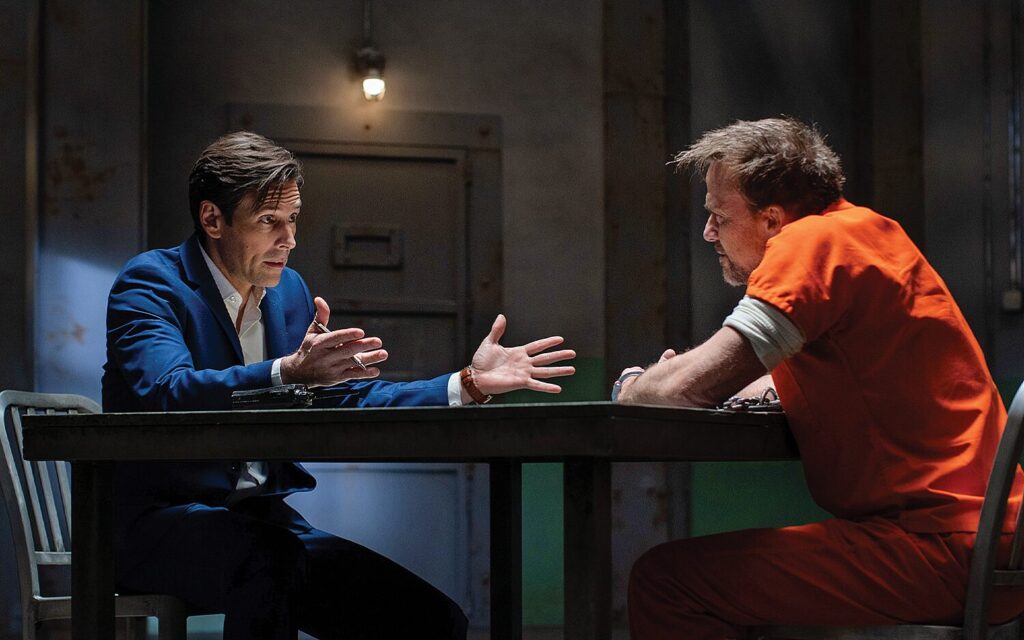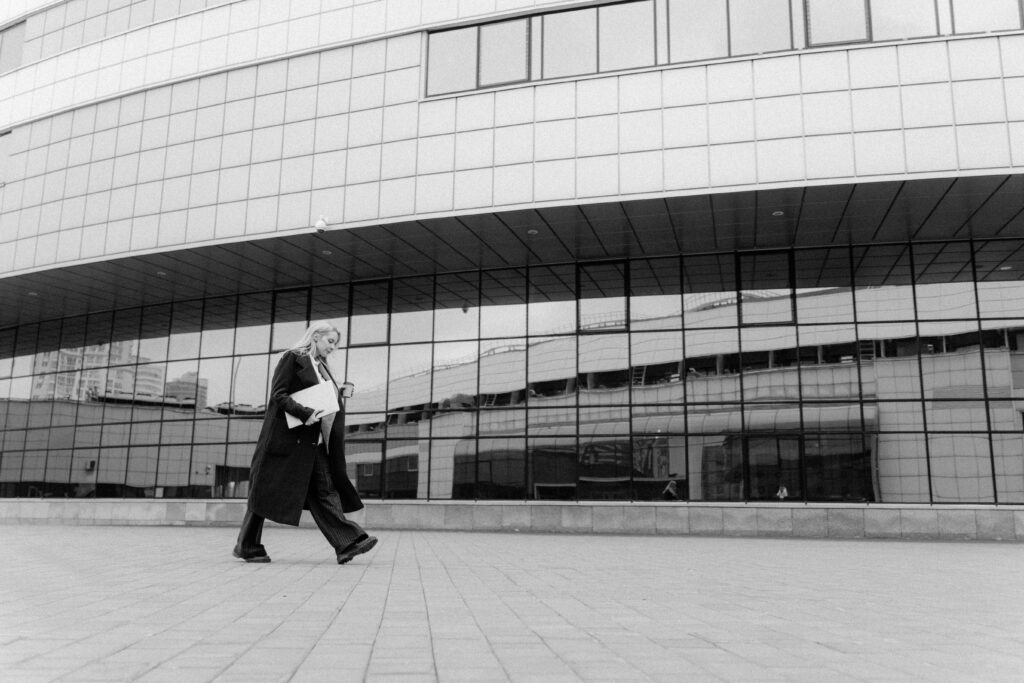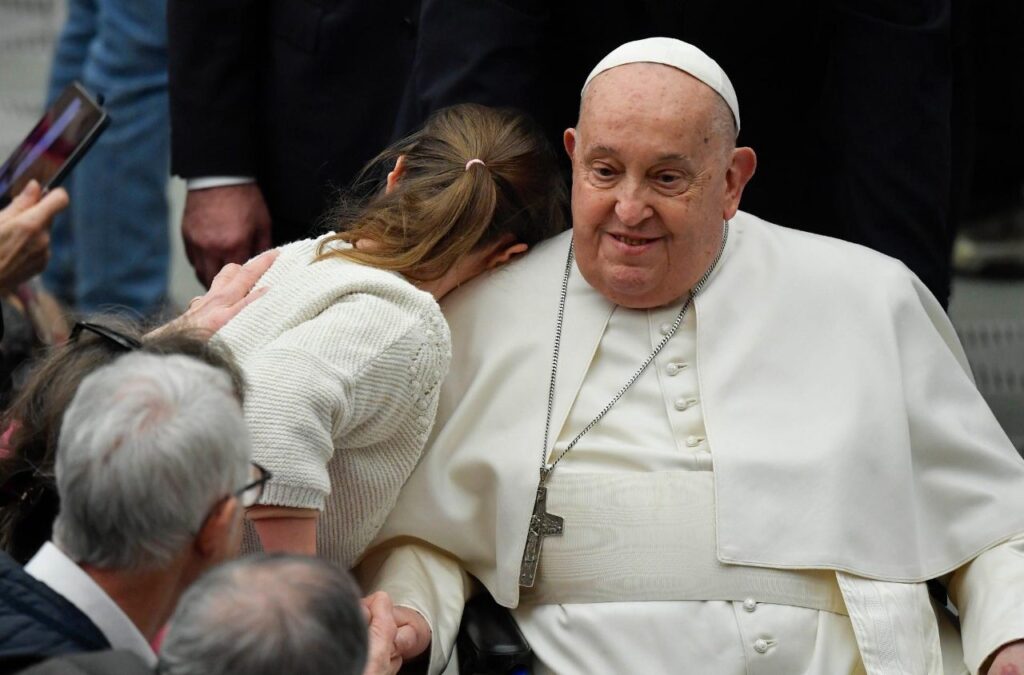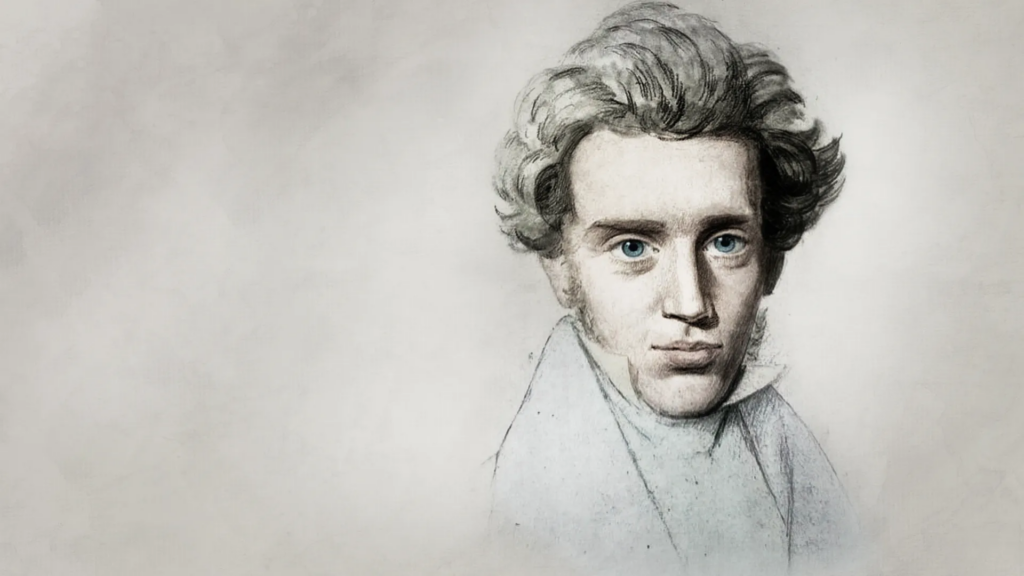Abortion in the movie “Nefarious”
Important precision

Go ahead and say that the creators of the film “Nefarious” have offered an extraordinary work that both believers and non-believers should see because it has hit the nail on the head. The evil one penetrates through any crack, annihilating all hope, at the same time that he takes us to his territory, taking over our minds and will if we are not attentive and allow ourselves to be seduced by him. The father of lies is cunning and, as they say in the film, “patient.” He does not easily let go of his prey, and that is why Pope Francis reminds us that we must not discuss with him, and that we must close doors and windows.
Much has been written regarding the benefits of this film, which will do a lot of good to whoever decides to see it. You will see the subtlety of the arguments used to justify the unjustifiable: eliminating the innocent or getting rid of those who are already “useful” to us in this society that so easily objectifies people and does not respect their dignity. But there is a nuance in the dialogue about abortion that is not by the ecclesial Magisterium. Let’s see.
“Nefarious” delights in counting the seconds remaining until the crime is committed against the unborn son of the incredulous psychiatrist, whose girlfriend is currently in the abortion clinic. She lets him know the enormous joy that an abortion causes in all hell, saying: “Your unborn child is now on our altar. And all hell rejoices!” And in this statement lies the error. An aborted child is a martyr. He dies cruelly, martyred. This is not a euphemism. There are still many people who refuse to believe it when it is explained to them how they are eliminated in the womb.
The question of the fate of these children who were directly denied baptism has been examined within the Catholic Church. In 1994, an International Theological Commission undertook to study this very important topic that had already attracted the attention of Cardinal Ratzinger in 1984. Occupying the Chair of Peter, on April 19, 2007, it was he himself who approved the text “The hope of salvation for children who die without baptism”, prepared by the International Theological Commission, and the next day, April 20, confirmed that children without the use of reason who die without being baptized enjoy the “beatific vision.” He pointed out that the exclusion of innocent children from Paradise does not seem to reflect Christ’s special love for the “least of these.” In this way, the issue of limbo was closed, which is where it was stated that children who had not been baptized would end up. Note that prior to this statement, the Church never mentioned hell for them.
Also, Fernando Rielo, Founder of the ident missionaries, on January 6, 1969, in one of the numerous documents that he sent to Saint Paul VI, had expressed himself in these terms regarding limbo. His text was supported by revealed data, a rigorous study of the position followed by the Church from the Holy Fathers until that moment, which among other issues linked to this issue that he also addressed, such as original sin, allowed him to show the weakness of the argument which supported the thesis of limbo for unbaptized children, all with great theological content. He had the firm conviction that the Father’s unfathomable love could not leave so many defenseless creatures who died without being baptized, excluded from his beatific presence.
All children who were prevented from seeing the light of day were denied this grace of baptism. They didn’t even have the option of wanting to achieve glory. But Christ also died for them.
Concluding. There can be no joy in hell when life is deprived through abortion, as “Nefarious” claims. Yes, there will be for the act committed by all those responsible for his death, as with any personal (or collective) concession made to the evil one, although each of the actions committed has its own gravity.
Related

Reversing Social Deterioration: A Task That Begins in Business Management
Alejandro Fontana
25 April, 2025
4 min

The Revolution of Tenderness
María Elizabeth de los Ríos
25 April, 2025
3 min

His Hope Does Not Die!
Mario J. Paredes
24 April, 2025
6 min

The Religious Writer with a Fighting Heart
Francisco Bobadilla
24 April, 2025
4 min
 (EN)
(EN)
 (ES)
(ES)
 (IT)
(IT)

